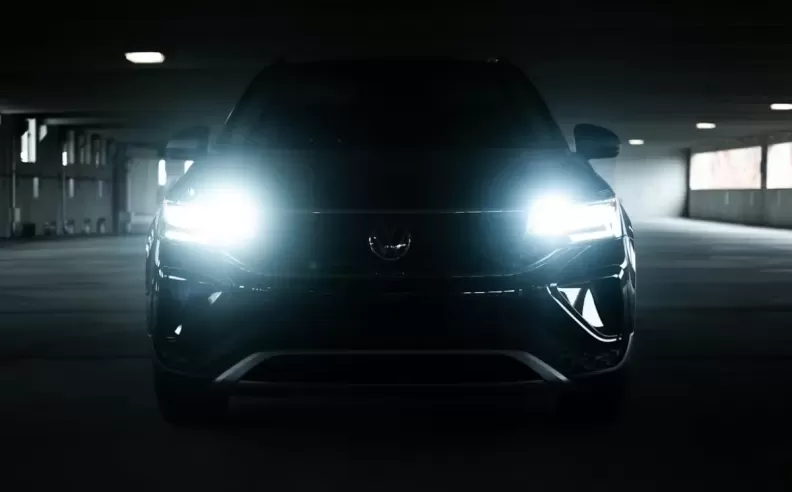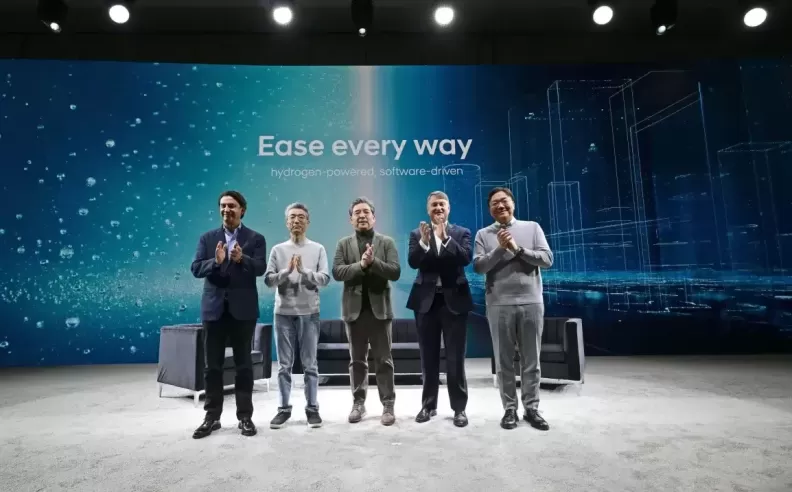
Hyundai Motor Company takes center stage at CES 2024 in Las Vegas, showcasing a vision that transcends traditional automotive boundaries. Under the theme 'Ease every way,' Hyundai Motor Group presents an expansive exhibition in the West Hall of the Las Vegas Convention Center, spanning around 21,600 sq. ft. The exhibition is three times larger than its display at CES 2022, signifying the company's commitment to innovation.
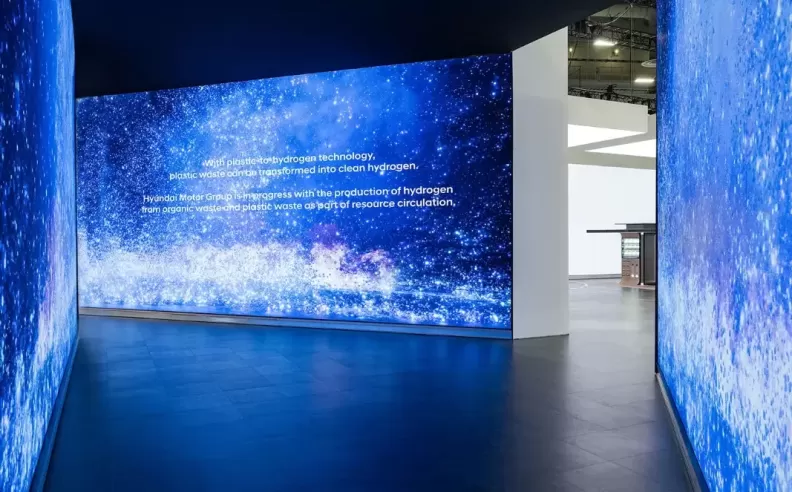
The key focus of Hyundai's exhibition revolves around a paradigm shift towards hydrogen energy and software-defined mobility solutions. Hyundai Motor Group's commitment to achieving carbon neutrality by 2045 is underscored by the expansion of its existing fuel cell brand, HTWO, into the Group's hydrogen value chain business brand. The newly unveiled 'HTWO Grid' solution encapsulates the entire clean hydrogen value chain, covering production, storage, transportation, and utilization.
Production Stage Innovations:
At the heart of Hyundai's hydrogen vision lies a commitment to environmentally conscious production methods. The company presents innovative approaches, such as Plastic-to-Hydrogen (P2H) and Waste-to-Hydrogen (W2H). P2H involves transforming non-recyclable plastics into clean hydrogen energy, combining Hyundai Engineering's liquefaction technology and Shell's gasification technology. W2H converts biogas from organic waste into hydrogen, with Hyundai Engineering & Construction and Hyundai Rotem collaborating to enhance this process.
Green Hydrogen Production:
Hyundai showcases the production of green hydrogen through electrolysis, leveraging renewable energy sources like wind, solar, and hydropower. Electrolysis plants in Buan and Boryeong, South Korea, are exemplars of the company's commitment to sustainable hydrogen production.
Storage and Transportation:
Addressing the challenges of hydrogen storage and transportation, Hyundai Glovis demonstrates a hydrogen logistics business process. The focus is on establishing efficient hydrogen transportation, using methods such as ammonia carriers, which offer a cost-effective alternative to liquid hydrogen transport. Hyundai Glovis has secured orders for two ammonia transport carriers, set to begin operation in 2024.
Hydrogen Utilization:
In the realm of hydrogen utilization, Hyundai Motor Group offers a diverse array of mobility solutions, including the XCIENT Fuel Cell, recognized globally for its eco-friendliness. Additionally, a mobile fuel cell generator, actively used in Electric Touring Car Racing (ETCR), exemplifies the Group's commitment to advancing hydrogen mobility solutions.
Steel Production:
Hyundai Steel contributes to the hydrogen vision by establishing a green steel production system, aiming to reduce carbon emissions significantly. The company adopts eco-friendly processes, replacing blast furnaces with electric arc furnaces and utilizing hydrogen and renewable energy.
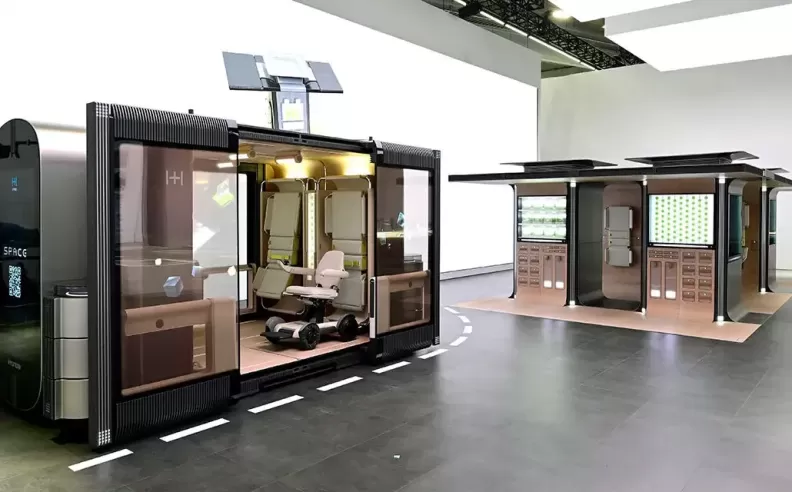
In parallel with its hydrogen endeavors, Hyundai Motor Group showcases advancements in Software-Defined Vehicle (SDV) technologies. The focus is on transitioning from SDV to a broader 'Software-defined Everything' (SDx) ecosystem. Core SDV technologies, developed by the Group's global software center, 42dot, are introduced, emphasizing the pivotal role of software and AI in smart mobility solutions.
SDV Electrical/Electronic (E/E) Architecture:
The SDV E/E Architecture represents the core hardware structure of SDVs, streamlining the integration of cameras, radars, and sensors. It features a High-Performance Vehicle Computer (HPVC), acting as the brain of the SDV and ensuring autonomous driving capabilities.
HPVC Models:
42dot showcases two HPVC models with different cooling methods—air cooling and liquid cooling with water. The HPVC serves as the integrated hardware consolidating core SDV technologies and controls other controllers within the SDV.
SDV Operating System (SDV OS):
42dot is not only developing HPVC and controllers but also an SDV operating system, SDV OS, to ensure stable and efficient operation of in-vehicle applications.
Core SDV Technologies:
The five core SDV technologies presented through videos include HPVC and SDV OS, Data-Driven Learning Systems, Safety-Designed Vehicle technology, LLM for Advanced Mobility (Conversational AI assistant), and Self-Managed Smart City technologies.
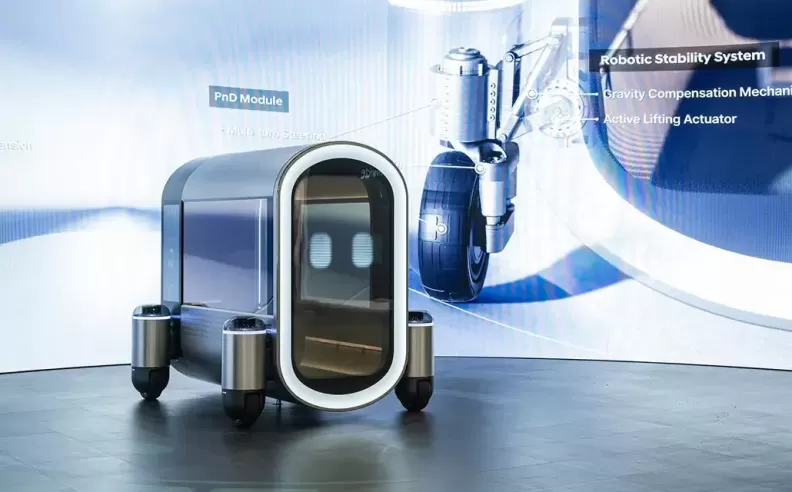
Hyundai Motor Group goes beyond traditional automotive exhibitions, presenting future mobility concepts that align with a human-centered vision. Concepts like DICE (Digital Curated Experience), SPACE (Spatial Curated Experience), and CITY POD aim to redefine the way people interact with mobility.
DICE:
DICE, infused with AI, offers a personalized mobility platform with curated services. The 'Ring Pad' controller enables users to communicate with AI and adjust their environment during travel, showcasing Hyundai's commitment to evolving traditional roles in transportation.
SPACE:
SPACE Mobility focuses on customized spatial experiences within the mobility space, catering to diverse user needs. It offers adaptive seats, supports wheelchair users and pets, and provides AI service agents for a personalized journey.
CITY POD:
CITY POD presents an unmanned large-scale mobility system, incorporating hydrogen energy technology. It boasts an 'automatic logistics sorting system,' seamlessly delivering logistics both on the road and inside buildings.
Additional Displays:
Hyundai Motor Group also exhibits 'Stretch,' a logistics loading and unloading robot developed by Boston Dynamics. This autonomous robot enhances efficiency and safety in logistics operations, showcasing the integration of advanced technologies beyond traditional automotive solutions.
Hyundai Motor Company's exhibition at CES 2024 signifies a bold step towards a future where hydrogen energy and software-defined mobility solutions converge. The company's commitment to sustainable practices, cutting-edge technologies, and redefining the role of vehicles in everyday life underscores its dedication to creating a more comfortable and environmentally friendly future. As Hyundai Motor Group envisions a transition to a hydrogen society and embraces a software-defined future, it paves the way for a new era in mobility and technology.
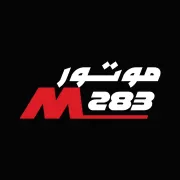
Wael is an automotive content writer specializes in creating written content for Motor 283. Producing a wide range of content, including blog posts, articles, product descriptions, reviews, and technical guides related to cars, trucks, motorcycles, and other vehicles, with an unprecedented passion for cars, and motorcycles.
